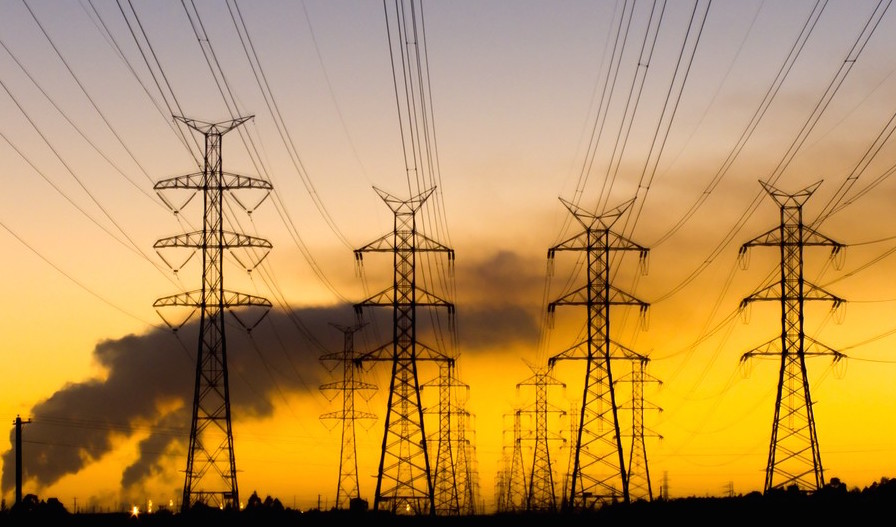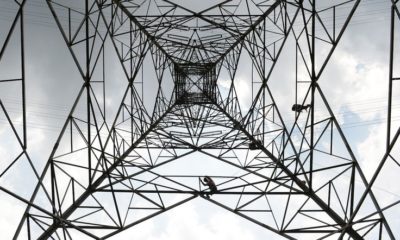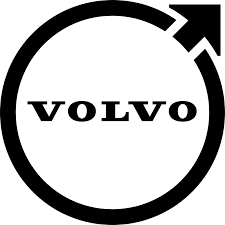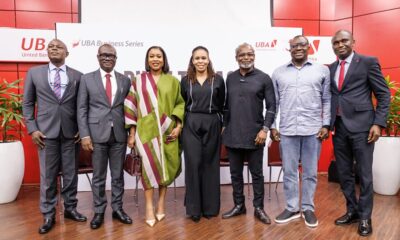Nigeria was thrown into darkness once again as the nation’s power grid collapsed early Monday morning.
The collapse occurred at exactly 1:47 am, according to officials in the power sector.
The incident coincides with heightened tensions as the Nigeria Labour Congress (NLC) and Trade Union Congress (TUC) commenced an indefinite workers’ strike to demand a new national minimum wage.
The strike, which began Monday, has raised concerns about the potential for further disruptions across various sectors of the economy.
In response to the strike, Lateef Fagbemi, the Attorney-General of the Federation and Minister of Justice, criticized the labor unions’ actions.
In a letter dated June 1, 2024, Fagbemi stated that the strike violated a subsisting National Industrial Court order restraining the unions from proceeding with such actions.
He said the strike could lead to significant disruptions, including the recent power grid failure.
Despite attempts by the National Assembly leaders to mediate and prevent the strike, the meeting held on Sunday night ended without a resolution.
The meeting was chaired by Senate President Godswill Akpabio and Speaker of the House of Representatives Tajudeen Abbas and attended by NLC President Joe Ajaero and TUC President Festus Osifo. The unions remained firm on their decision to proceed with the strike.
Impact on Everyday Life
The blackout has had an immediate and significant impact on millions of Nigerians, disrupting daily life and business activities.
Hospitals, schools, and businesses are struggling to cope without electricity, exacerbating an already challenging situation for many citizens.
Minister of State for Labour Nkeiruka Onyejeocha reiterated the government’s position, stating that it could not afford to pay more than N60,000 as the new minimum wage, which she noted was a 100 percent increase from the current rate.
This offer, however, has been deemed insufficient by labor leaders.
Ulterior Motives and Unfeasible Demands
Bayo Onanuga, special adviser to President Bola Tinubu on Information and Strategy, suggested that the labor unions might have ulterior motives behind their strike, criticizing the wage demands as unrealistic for both federal and state governments.
“The minimum wage offer they presented is simply not feasible given the current economic constraints,” Onanuga stated.
He urged labor leaders to reconsider their stance for the sake of national stability.
Broader Implications
The power grid collapse is not just an isolated technical failure but a reflection of deeper systemic issues within Nigeria’s energy infrastructure.
The recurring outages highlight the urgent need for comprehensive reforms in the power sector to ensure reliable and consistent electricity supply.
As the nation grapples with this latest blackout, the government and labor unions remain at an impasse, with both sides entrenched in their positions.
The outcome of this dispute will likely have far-reaching implications for Nigeria’s economic stability and growth.
In the meantime, millions of Nigerians are left to cope with the immediate fallout of the power grid collapse, hoping for a swift resolution to both the strike and the ongoing energy crisis.

 Naira4 days ago
Naira4 days ago
 Company News4 weeks ago
Company News4 weeks ago
 Business4 weeks ago
Business4 weeks ago
 Economy4 weeks ago
Economy4 weeks ago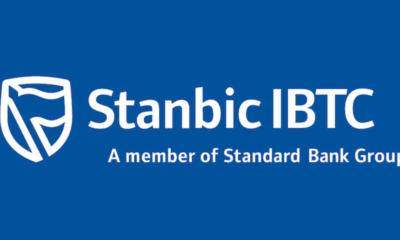
 Dividends3 weeks ago
Dividends3 weeks ago
 Cryptocurrency4 weeks ago
Cryptocurrency4 weeks ago
 Banking Sector4 weeks ago
Banking Sector4 weeks ago
 Nigerian Exchange Limited2 weeks ago
Nigerian Exchange Limited2 weeks ago
